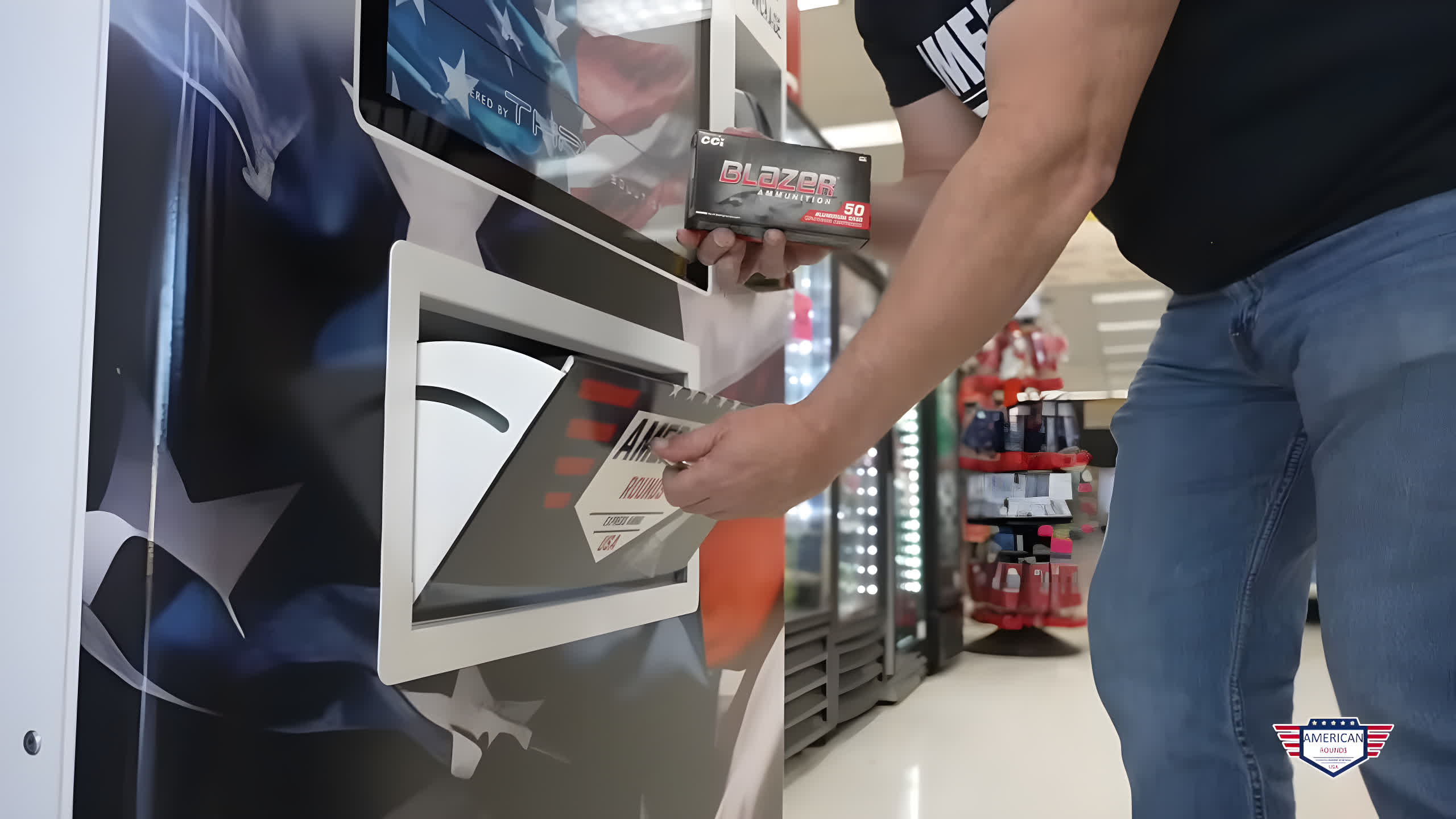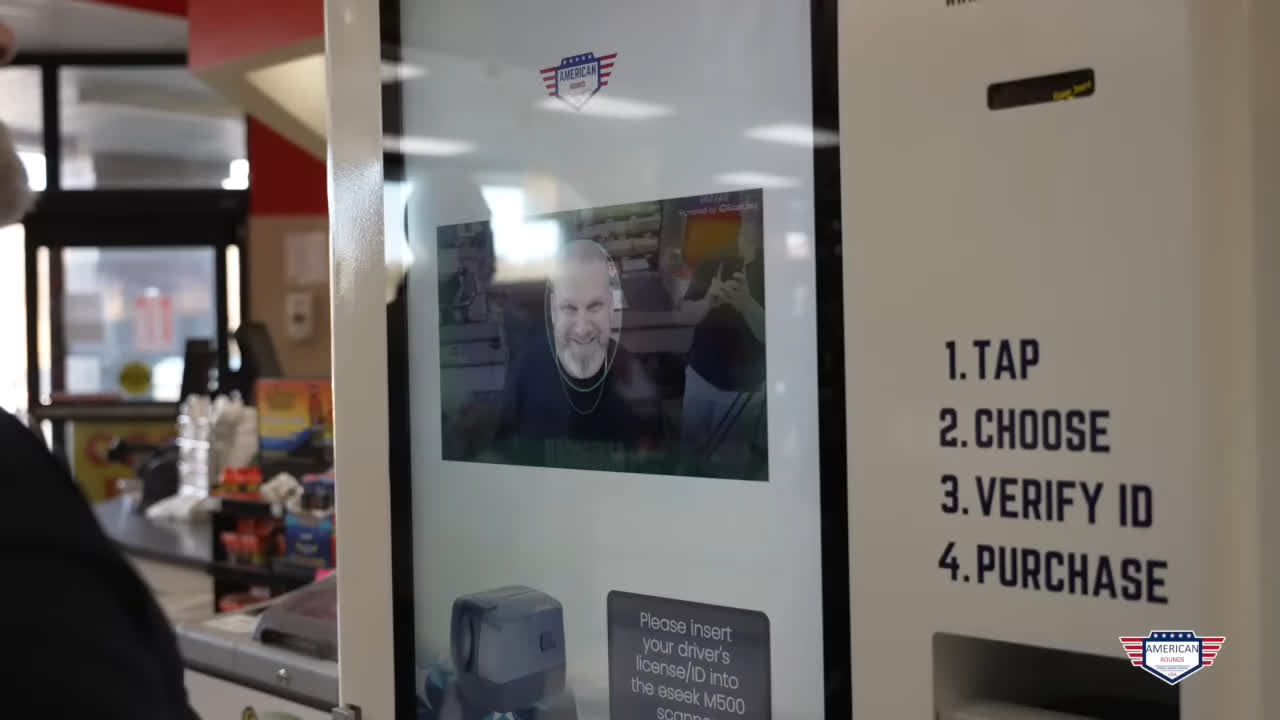WTF?! In what sounds like something straight out of Cyberpunk 2077, Deus Ex, and many other dystopian games, a number of stores in several US states are now selling bullets via AI-powered vending machines. If that isn't concerning enough, some experts fear that hackers could hijack the machines and bypass their safeguards.
American Rounds boasts that its Automated Ammo Retail Machine (AARM) is the future of ammo sales. The company's machines feature AI technology, card scanning capabilities, and facial recognition software, the latter of which verifies that the person using the machine matches the scanned identification.
There are currently eight machines installed or being installed across four states. The first was installed in a Fresh Value grocery shop in Pell City, Alabama. Since then, four have been introduced at Super C Marts in Oklahoma, and another at Lowe's Market in Canyon Lake, Texas. More are being installed in Texas and Colorado, with others planned for Louisiana, said American Rounds CEO Grants Magers.
"We have over 200 store requests for AARM units covering approximately nine states currently and that number is growing daily," Magers told Newsweek. The company's website states that the machines allow people to buy ammo 24/7, free from the constraints of store hours and long lines.
The AARM unit's 360-degree facial recognition tech and ID scanning unit are designed to only dispense ammo to those aged 21 or older with real IDs. Users operate the touchscreen to select the ammo they want, and it's dispensed via the hole at the bottom. There is no limit on the amount of ammo one person can buy -- other than the stock available in the machine at the time.
Magers says that ammo sold off the shelf or online leads to inadvertent sales to underage purchasers and, in the case of stores, a high theft rate. The CEO claims the AARM units are the "safest, most secure method of purchasing ammo in the country."
The machines are legal and approved by the ATF, which notes that a federal license is not required to sell ammunition. "We never store, share, or sell the customer's personal data," Magers said.
Cybersecurity experts have pointed out that the machines are not 100% hack-proof. Not only could someone exploit weaknesses in the facial recognition system, but there's also the risk of bugs and errors in the notoriously unreliable system that could lead to illegal transactions being allowed. It was only last week that the Detroit police force changed its rules on facial recognition tech after its use led to another wrongful arrest.

